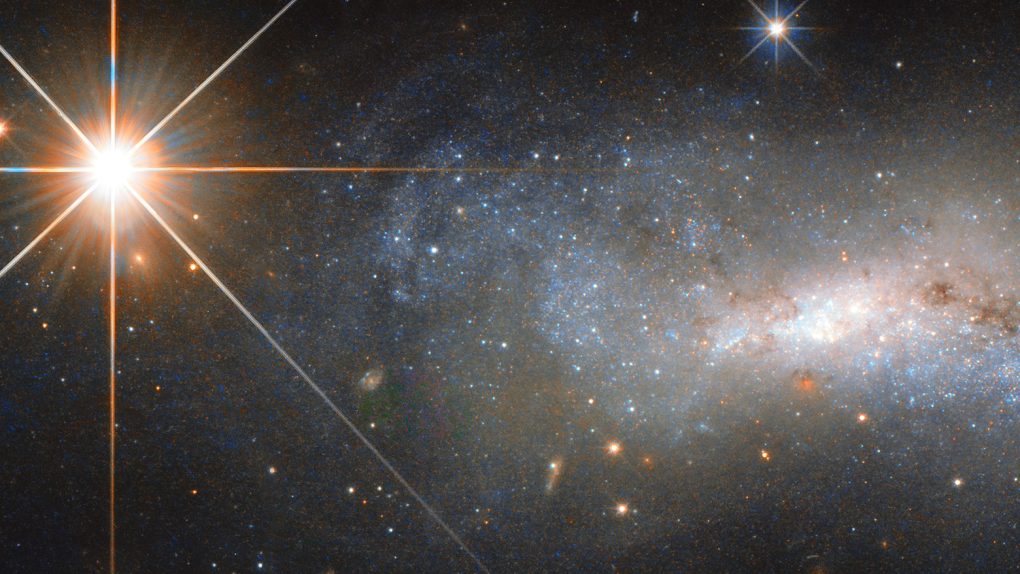There are countless hurdles preventing mankind from openly exploring the Solar System with manned missions. The challenges that are often talked about the most relate to limitations of existing spaceflight technology, but it may ultimately be the human body that delays our first-person exploration of space.
Researchers have long believed that sending manned missions beyond the Moon could pose serious risks for the health of the astronauts that are brave enough to take the trip, and a new study suggests that NASA and other space agencies have a good reason to fear the worst. The research, which was published in the Journal of Applied Physiology, reveals that extended stays in space can dramatically affect an individual’s immune system while also sharply increasing their risk of cancer.
To get a better idea of how space affects the human body, scientists studied blood samples from space travelers who spent time aboard the International Space Station. By studying blood samples taken at different points in their journey and comparing them with samples from before the trip into space, the team was able to plot a timeline that shows how long it takes for various cell functions to change.
The results showed that some key cell functions, specifically the activity of NK (“natural killer”) cells that eliminate cancerous cells, dropped off by as much as 50 percent after 90 days in space.
“When we look at the function of the astronaut samples during flight compared to their own samples before they flew, it goes down. When we compare them to controls who stayed on Earth, it still goes down,” Richard Simpson of the University of Arizona said in a statement. “I don’t think there’s any doubt that NK-cell function is decreasing in the spaceflight environment when analyzed in a cell culture system.”
Additionally, the team found that first-time astronauts seemed to have a more pronounced degradation in cell function than veteran astronauts who had been to space before. The real challenge for scientists now is figuring out how to best mitigate the effects of space travel for astronauts who will one day travel to Mars and beyond.








